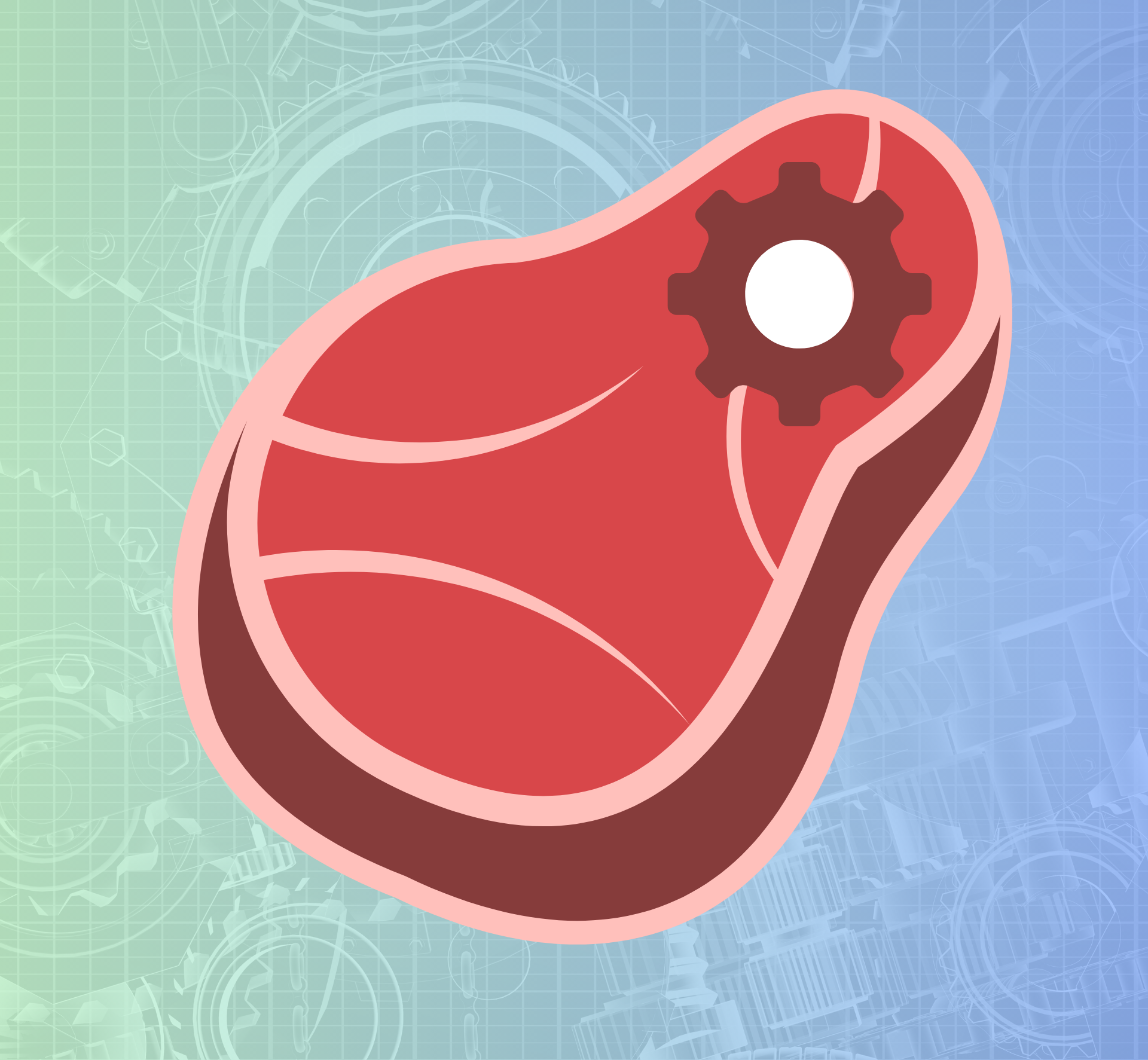Top
Meat Processing Software
We've ranked the top 10 meat processing software.
Explore our expert rankings to find your ideal partner in the meat processing software industry.
Contact UsAdvanced tracking and traceability features

User-friendly interface








